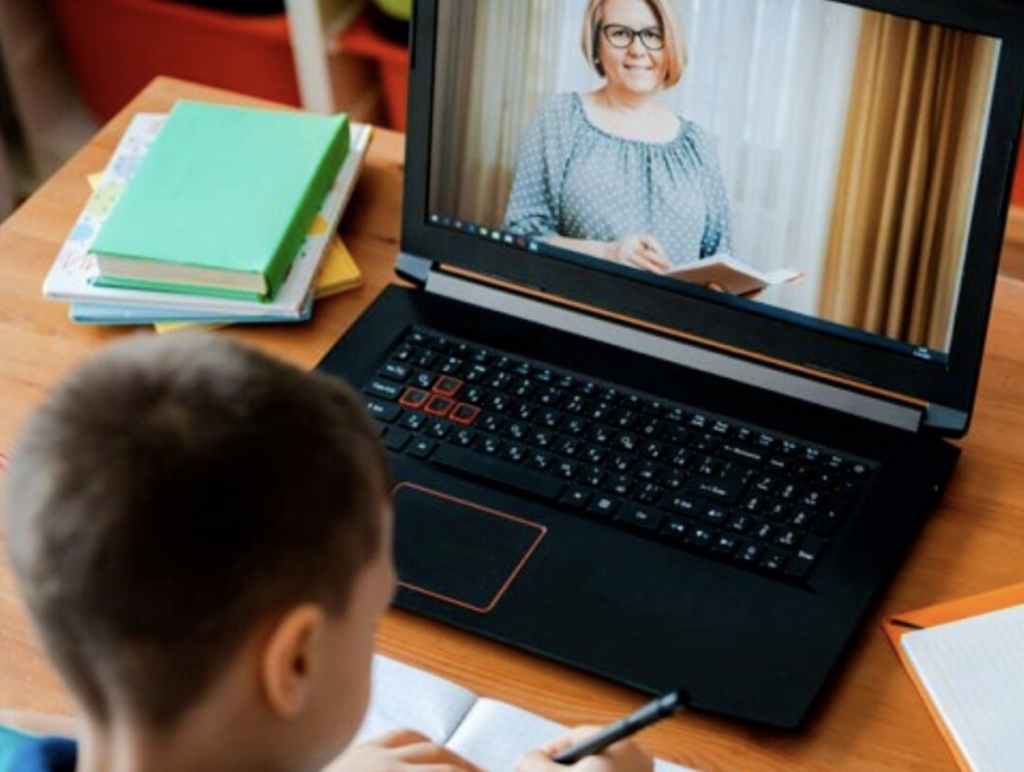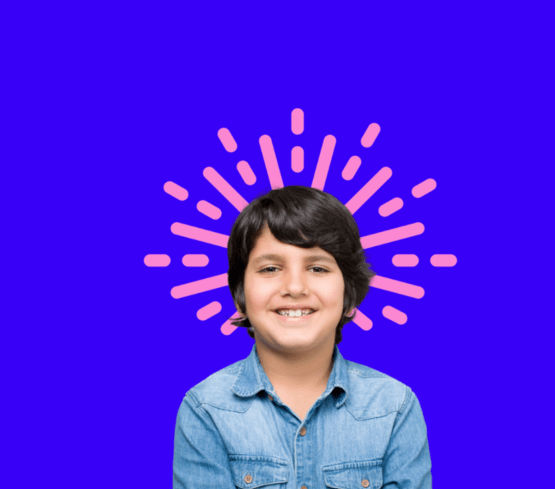
For many parents, talking to kids about their disability diagnosis and IEP can feel touchy. It can also feel like a lot of pressure to start the conversation, and even more pressure to make sure it doesn’t crush their spirits. The first step for parents is to reframe their own perspective on what it means to have an IEP. If you feel defeated and deflated by your child’s diagnosis, so will they. If you feel that it’s an opportunity for them to get what they need to have the best education possible, then that’s how they’ll view it as well. Read on for tips on how to rethink their IEP, and how to start the conversation.
How you should view your child’s IEP
First thing’s first: plain and simple, an IEP is a tool to support learning. So many parents (and even some kids) view an IEP as a setback, a mark of inadequacy, or even an academic prison sentence. An IEP isn’t any of those things. Its purpose is to provide students with the tools and support they need to reach their fullest potential. And with you as their advocate, making sure their school gives them exactly what they need academically, that’s what an IEP does. So think about your child’s IEP as the blueprint for their academic success.
How to talk to your child about their IEP
Unless your child is extremely young, they’ve probably already had some general sense that they were struggling. If they got an academic evaluation, hopefully they were in the loop about that, too. But even if they weren’t, whatever comes of that evaluation should include your child in one way or another. It’s actually never too early to include your child in the IEP process. It might not make sense to bring a Kindergartener into an IEP meeting, but they can certainly be in the know about what will change in their school day, in their classroom, in the way they are learning, or in the goals that are being set for them. For older students, especially High School, they can and should be part of every step in the IEP process.
When discussing a new IEP with your child, don’t frame the conversation around their deficits. Instead, try framing it around their strengths and differences. Explain it as a tool that will make their learning easier, and help them be more successful. You can link their IEP to their diagnosis, but make sure they don’t view it as a mark of weakness. They should only think of their IEP as something that’s there to help them capitalize on their strengths and unique learning style.
Why to talk to your child about their IEP
There are numerous reasons to bring your child up to speed about their IEP. Here are the top three:
Empowerment: We believe that empowering students to be in control of their education is the first step in ensuring their success. It’s hard for students to feel buy-in if they don’t even know what’s going on in their own education. Including them in the conversation to the maximum extent that is age-appropriate will give them some of this control.
Self-advocacy: All students, but especially students with learning differences, need to learn how to become their own best advocates. When they’re young, this responsibility is their parent’s. But as they get older, it shifts to them. What better place to practice self-advocacy than in the safety of a school setting?
Knowledge: Arm your child with the knowledge they need to better manage whatever it is that has been holding them back. Withholding any information regarding your child’s disability or IEP won’t do them any good. If anything, sheltering them from this information will likely only cause confusion and later feelings of fear or shame. When they eventually do learn about it, they are far more likely to develop negative associations than if you introduce it now in a positive light.




